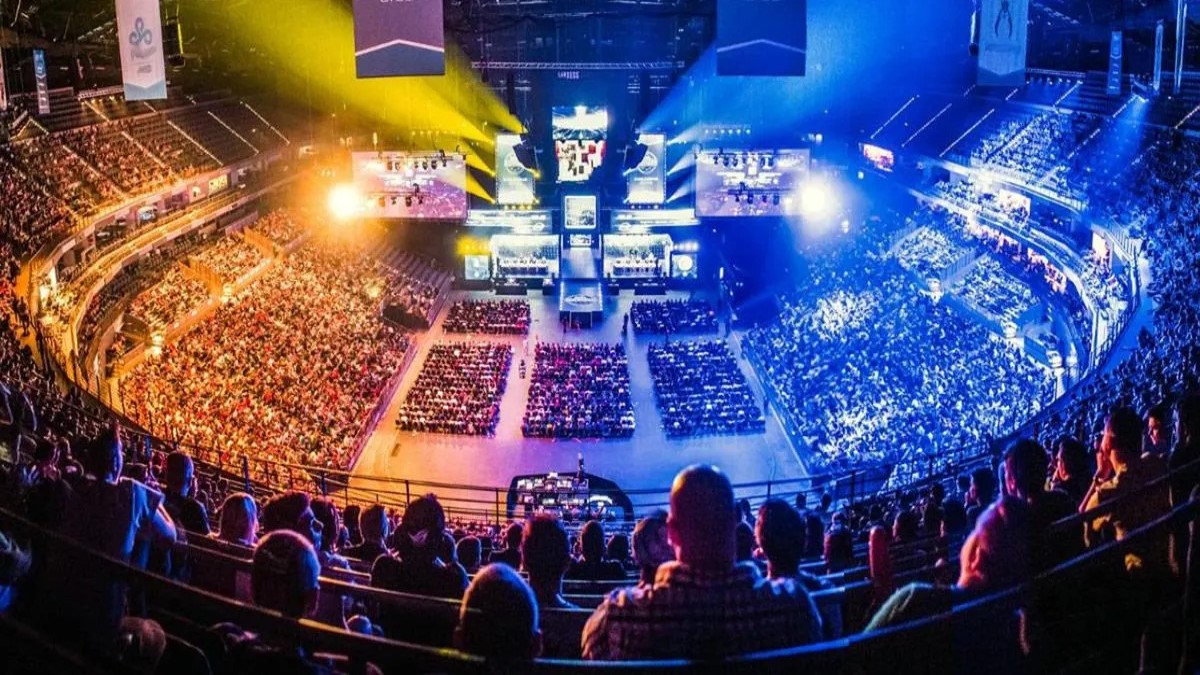

Esports, short for electronic sports, has gained significant popularity in recent years. It refers to organized, competitive gameplay between professional video game players or teams. Esports has transformed video gaming into a spectator sport, where fans can watch their favorite players or teams compete against each other.
One of the reasons for the growth of esports is its accessibility. Unlike traditional sports that require physical prowess, esports allows anyone with a gaming console or computer to participate and compete at a high level. This inclusivity has attracted a diverse community of players and fans from around the world.
Esports encompasses a wide range of games, including popular titles like League of Legends, Dota 2, Counter-Strike: Global Offensive, and Overwatch. Each game has its own competitive leagues and tournaments, with professional players earning recognition and fame within the esports community.
Watching esports has become a popular pastime, with dedicated streaming platforms and live events attracting millions of viewers. Esports events often feature professional production, commentary, and analysis, creating an immersive experience for fans. The excitement and intensity of esports competitions rival that of traditional sports, with passionate fans cheering for their favorite teams and players.
Esports has also made its way into educational institutions, with some schools recognizing it as an official sport. Students can join esports teams and compete against other schools, fostering teamwork, strategic thinking, and sportsmanship.
For those new to esports, it can be helpful to start with games like League of Legends, which is one of the most popular esports titles. It has a large and passionate community, making it easier to find resources, discuss the game, and engage with fellow fans.
As esports continues to grow, it presents opportunities for players, teams, sponsors, and even media outlets. Esports players can earn significant income through sponsorships, prize money, and streaming revenue. Media coverage of esports has also increased, with dedicated outlets providing news, analysis, and interviews with players and industry professionals.

When betting on an esports team, there are several factors to keep in mind. Consider whether the team has made any recent changes to their roster, their past performance, their strategies, and the odds being offered. Evaluating these aspects can help you determine if the odds are at a good value.
Before diving into esports marketing, it's important to understand your target audience and whether esports aligns with their interests. Study your audience thoroughly to gauge their interest in esports. Additionally, consider the type of advertising campaign you want to use and how it aligns with your business goals.
Esports covers a wide variety of video games where players compete against each other. Some popular categories of esports games include League of Legends, Dota 2, Counter-Strike: Global Offensive, and Overwatch. However, the esports landscape is constantly evolving, and new games are emerging as well.
Qualitative and quantitative data from individuals within the gaming community can provide insights into their motivations for consuming esports. Understanding these motivations can help create new business opportunities and tailor marketing strategies. Additionally, exploring the potential synergies between the gaming community and existing products/brands can lead to valuable insights.
To start an esports program, begin by assessing the interest and preferences of your student body. Determine the breakdown of student groups interested in esports and whether they prefer console or PC games. This initial assessment can help guide your investment decisions and shape your program.
Esports has a rich history that dates back several decades. The first recognized esports event is believed to have taken place in 1972. Over time, larger competitive gaming events emerged, with the rise of games like Counter-Strike. Esports events today attract millions of viewers, both in-person and through online platforms.
Conducting interviews is a great way to gain traction in the esports community. It helps you get noticed, engages you with ideas and events, and provides content that the community desires. Interviews can spark conversations, bridge topics, and keep you engaged with the vibrant esports community
Some commonly asked questions about esports include understanding the concept of competitive gaming, how esports events are organized, the viewership and popularity of esports, and the potential for betting on esports. Exploring these questions can provide a comprehensive understanding of the esports landscape.
